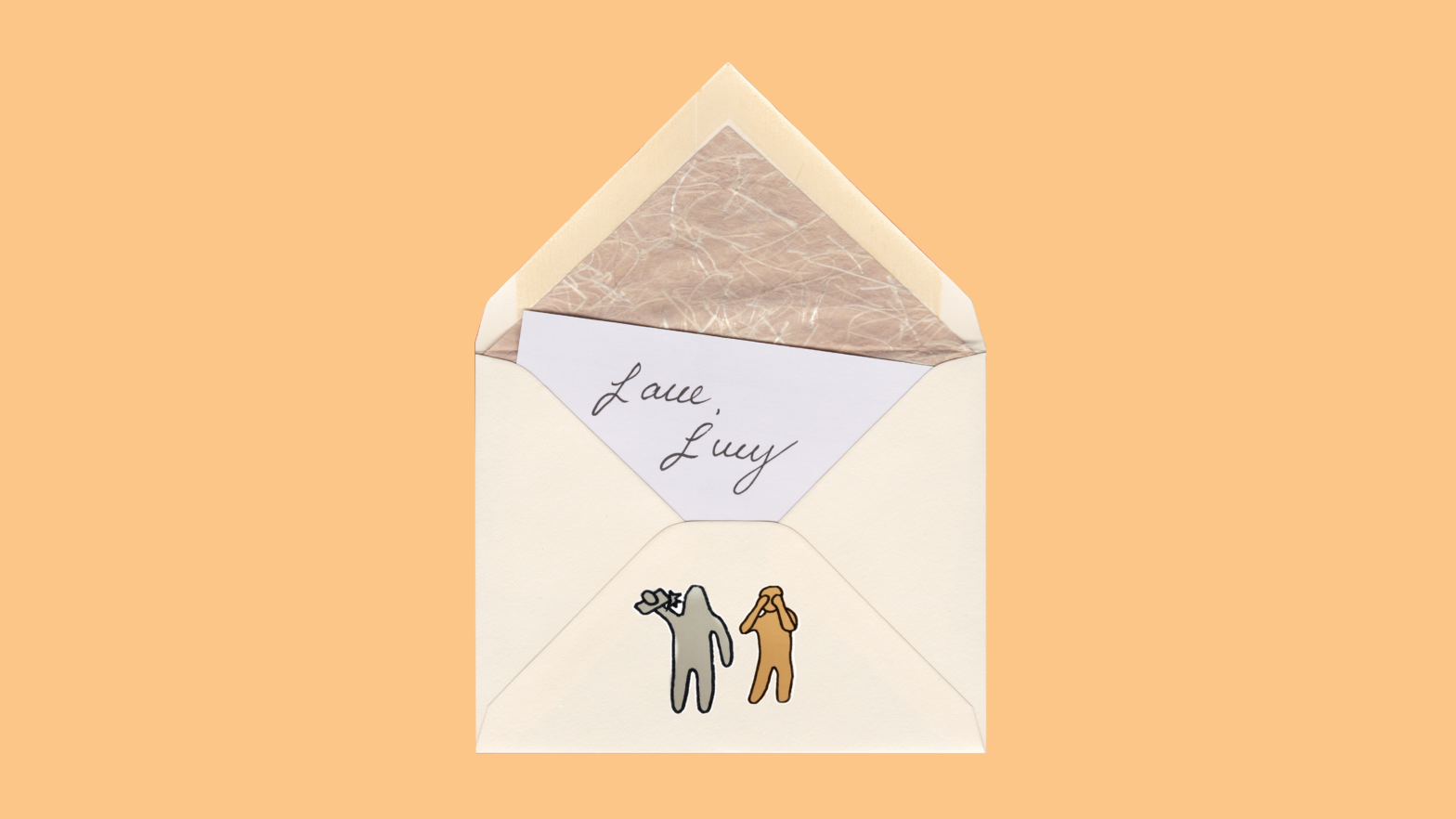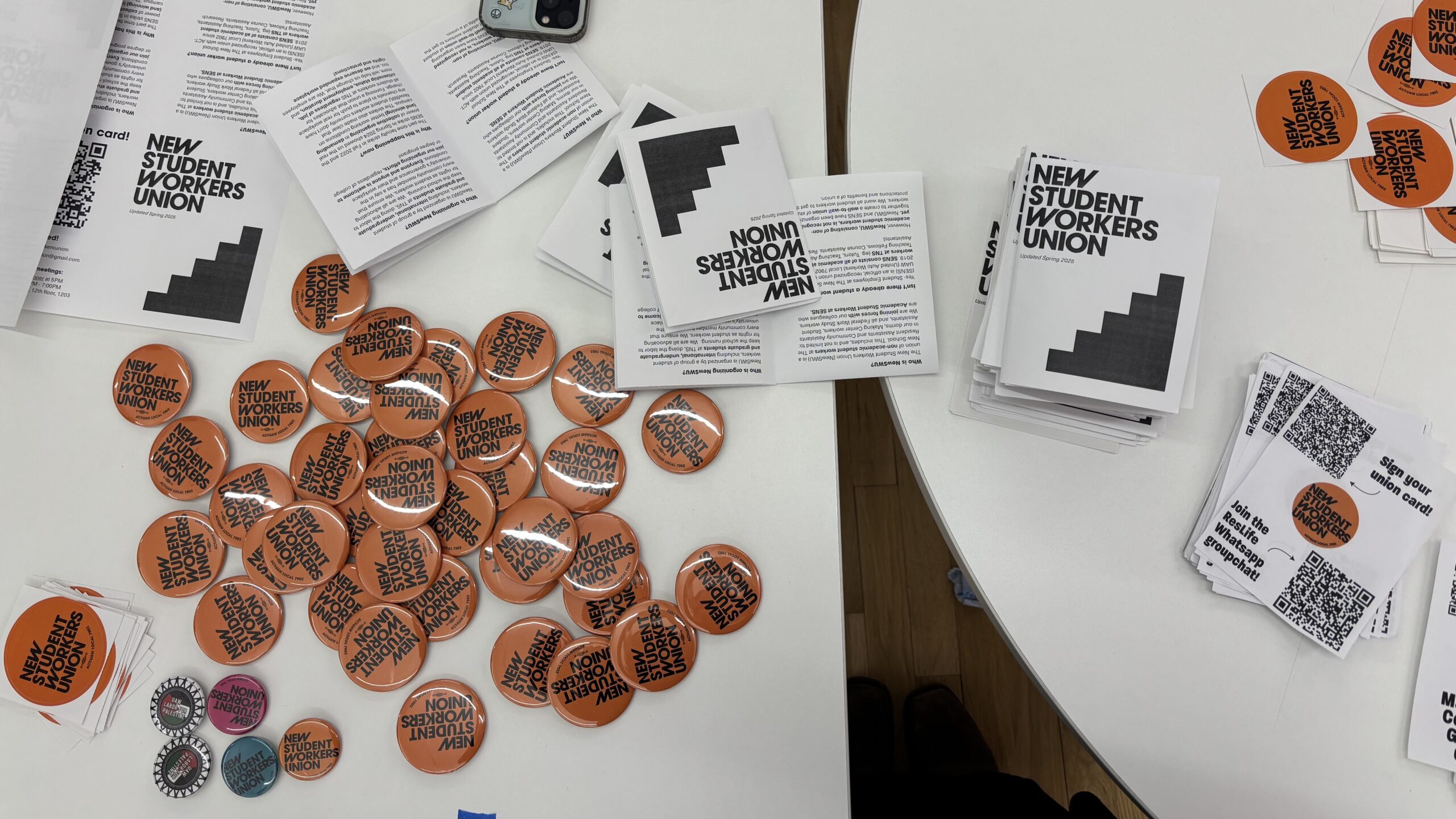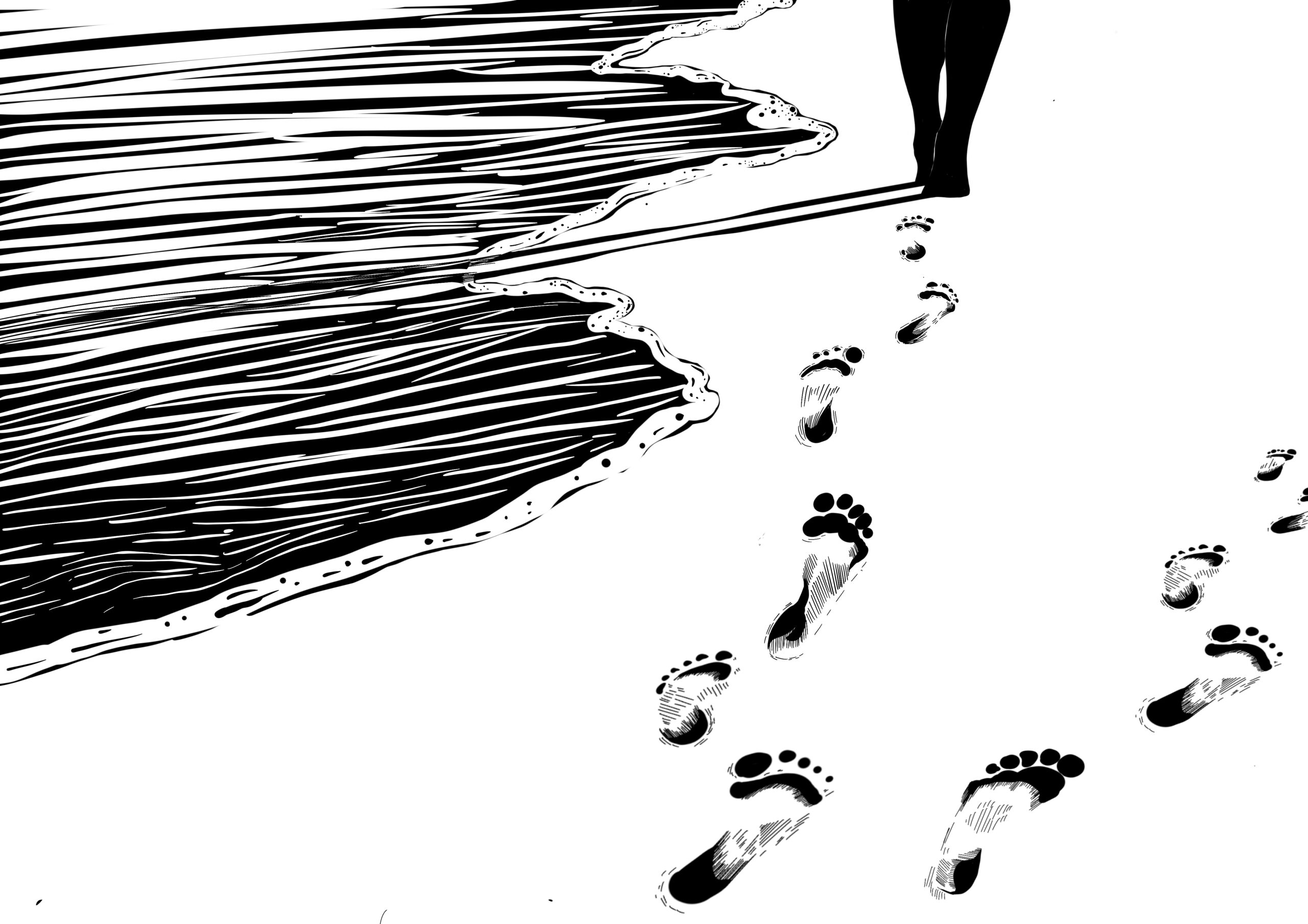Love, Lucy is the New School Free Press’ weekly advice column, where editors share thoughtfully researched solutions to questions about your life. Send submissions via email to nsfplovelucy@gmail.com or through Love, Lucy’s official Google Form.
“Hi Lucy! I have a friend that I love so much but every time we go out we need to take a picture. I literally wanna do what bad bunny did to that one fan trying to get a picture with him. Any thoughts? How do I tell her that we can go out without it being on social media?” – L.W, Photo hater
Dear Reader,
I know it’s been a while since middle school, which is likely the last time you heard about Greek mythology, but it might behoove you to think back for a moment. Did you ever learn of Narcissus? No worries if you’ve forgotten – here’s the abridged version:
Narcissus, the son of a river god and a nymph, had been prophesied to never love anyone but himself. He became so enamored with his own reflection in a pool of water that he was frozen that way – turned into a Narcissus flower (or what we call a Daffodil), forever leaning over to peer at himself in the pond.
I’m not trying to say that your friend is a narcissist, or that she’s doomed to be swallowed by her own reflection, but it’s a fairly apt analogy for the kind of crooked fate you’re trying to help your friend avoid. No one likes to be critiqued, tactfully taking criticism is not an easy skill to learn. Neither is giving it.
Now one more time let’s run it back to primary school to visit our old friend the “I” statement. In a situation like this, when you’re trying to get through to someone who’s already fairly self conscious – be it in a good or bad way – it might be best to put the emphasis on yourself, to not make them hyper aware of yet another thing they might need to work on. We can only really speak for ourselves, anyway.
So I’d start here:unpack the way your friend’s behavior makes you feel. It’s always wise to get your own thoughts and feelings in order before bringing another party into the conversation. Why does their behavior specifically affect your experience? Does it hinder your ability to spend quality time with them? That might be easier to hear than, “you don’t have to photograph every event because it’s annoying and vain,” – not that you’d be that callous.
It’s often more effective to highlight your own feelings than to verbalize judgments or observations you’ve made about the other person. People don’t like to be called out, and this way you might be able to avoid some of the hostility and defensiveness that comes with being shown something not so lovely about oneself. We’re not in the business of shaming people into changing, because it doesn’t really work anyway, at least if you’re looking for an actual adjustment in awareness or behavior.
Having a candid confrontation with someone you care about is difficult. But it’s also how we grow in relationships, and how we weed out the people who might be in our story for a chapter or two instead of being a true supporting character. And though that’s hard to swallow, it’s okay. Noticing things in our friendships that need work is just proof that we’re changing – a natural, inevitable, and necessary part of maturing.
If your friend is meant to stick it out and be a forever part of your life, showing them you care enough to bring up the awkward and harder things will only bring you closer to each other. Being willing to undertake the task of kneading through those problems will allow the relationship to grow deeper.
Plus, keeping it to yourself or hoping it might resolve on its own isn’t always advised. We’ve all been told not to bottle our feelings, and it’s true. You’re almost always better off just being honest and honoring your own emotions. After all, you’re 50% of this friendship, too, and you deserve to feel just as seen and heard.
And to make things a bit easier on you, or to at least alleviate some of the pressure of initiating a confrontation that could easily turn into a ‘you vs. me’ moment, it could be useful to back up what you’re saying. Because there’s actually evidence for the argument that staying present is best, and it might strengthen your case to show her that it’s not just you who thinks she should leave her phone in her bag for the night.
The age of the iPhone has had us all questioning at one point or another whether always having a camera on us and constantly documenting our activities is actually helping us experience and remember the events better. Turns out it’s not.
The omnipotent NPR people have graciously answered this question for us, and they found out that behavior like your friend’s actually encourages our brains to “outsource” or “offload” the memories we hyper-document. So by bringing this to their attention, you’re really only educating them and helping their hippocampus hold onto all the dirty deets of ladies night! Kind of a win for both of you?
Chances are good that your friend is already aware of their behavior, at least to some degree, and that this conversation won’t come completely out of left field. But it still might sting a bit to have someone close to them take issue with it, especially in a day and age where people watch concerts and fashion shows through their screens while they tape them. Constantly photographing has become so normalized, and maybe this is the kind and gentle wake-up call that your friend really needs to help her stay grounded in her own life.
Cushioning your communication by using “I” statements and ‘backing up’ your opinion with an objective-as-possible memory study should really help absorb the ick here – and prove that you’re invested enough to bring more to the conversational table than frustration and opinions. At least I hope.
Always here to be your ear.
Love, Lucy
A weekly song for your troubles:








Leave a Reply